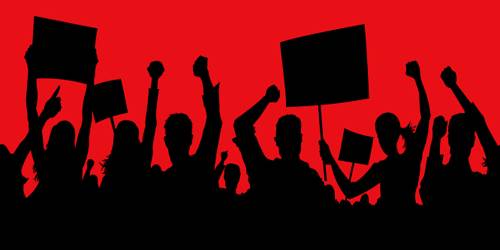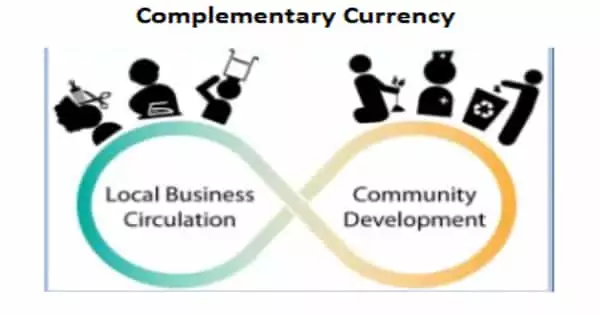Causes of Labor Disputes
In general term, a dispute is a disagreement or conflict between two persons or parties for the particular interest. The labor dispute is thus the disagreement or parties of particular interest. They are an important phenomenon in the history of capitalism, but also in other societies in which unequal labor relations exist. Through Labour Disputes, social, economic, political and legal relations have been greatly altered.
Main causes of labor disputes are as follows:
Economic Causes
Economics causes of labor disputes are related to the variables consisting of interest disputes which are concerned with the economic condition of workers and management. The variables under it are as follows:
- Compensation
- Bonus
- Working conditions
- Industrial problem
Economic causes are the normal reasons for a mechanical question. They can resemble reward, working condition, pay requests, state of occupation and modern affliction. Ascend in the typical cost for basic items constrain the laborers to request more wages to meet the increasing average cost for basic items list.
Managerial Causes
Managerial causes are for the most part out of line treatment of the union part or non-acknowledgment of the union by the administration. The unfair labor practice by the management to leads to labor disputes. Sometimes, management performs insufficient and unfair policies and procedures to raise organizational profit. But such unfair practices enrage the workers and lead to labor disputes. Bosses don’t counsel worker’s parties for enrollment and determination process, exchange, advancement, and improvement of representatives are the reason for the debate. They are reflected by:
- Non-recognition of unions
- Selection and development
- Job security
- Leadership style
- Communication
Political and Legal Causes
This refers to all political and legal forces that affect labor dispute in the organization. Political instability and poor legal procedures affect industrial peace to a large extent. Political causes are the after effect of political obstruction, union competition, aggregate bartering, an assortment of work laws. Most exchange unions are subsidiary with some political gatherings. Some of its components are:
- Political interference
- Union conflict
- Political change
Psychological Forces
Everyone has his/her own psychological feelings, attitudes and beliefs. This difference in beliefs and psychological aspects of individuals may bring some labor disputes in the organization. Some of the psychological causes are:
- Motivation
- Appreciation
- Authority and responsibility
- Unfair treatment
Information Source;
















